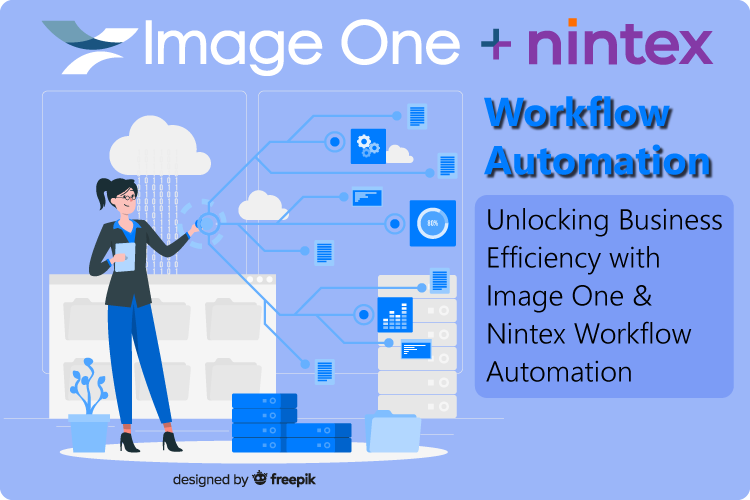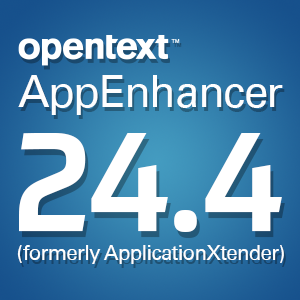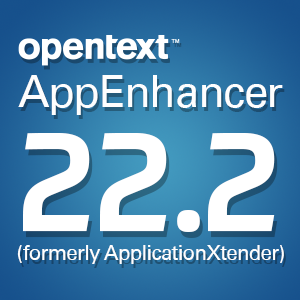Connecticut school board goes paperless
Tuesday, November 6, 2012The Region One Board of Education in Connecticut has accepted a budget reducing proposal that focuses on eliminating paper use, according to the Republican American. A representative of the board noted that the district could reduce its spending by nearly $70,000 annually. Currently, every board meeting costs about $3 per member for information packets to be printed, in addition to other miscellaneous costs.
With a digital document management system in place, the board can submit information electronically to members before meetings, allowing them to print it on their own if they wish, or view it on personal devices, such as tablets or laptops. The motion passed unanimously, and the board intends to go entirely paperless by January 2013.
Any organization, from a school to private business, can embrace document conversion services and information management to reduce the amount of paper it uses, or go paperless entirely. This not only reduces costs by eliminating paper purchases, but cuts printer repair and ink costs and frees up staff who would normally print information packets to accomplish more important tasks – adding productivity increases to the list of benefits associated with going paperless.
For a business to embrace paperless solutions, a plan is needed that not only cuts the creation of paper, but also the flow of printed items into the organization as well. Requesting electronic invoices, receipts, contracts and other forms of communication from customers and suppliers will help in this regard, as will converting archives to digital formats. The latter can also help a company reduce its spending on the storage of records and free up office space.
Eliminating paper might not be easy for every business, but it should not be passed off as impossible. By examining operational needs and finding a solution that can fit them, most organizations can at least reduce their paper consumption, and work up from there.
Brought to you by Image One Corporation, providing complete information governance since 1994.




